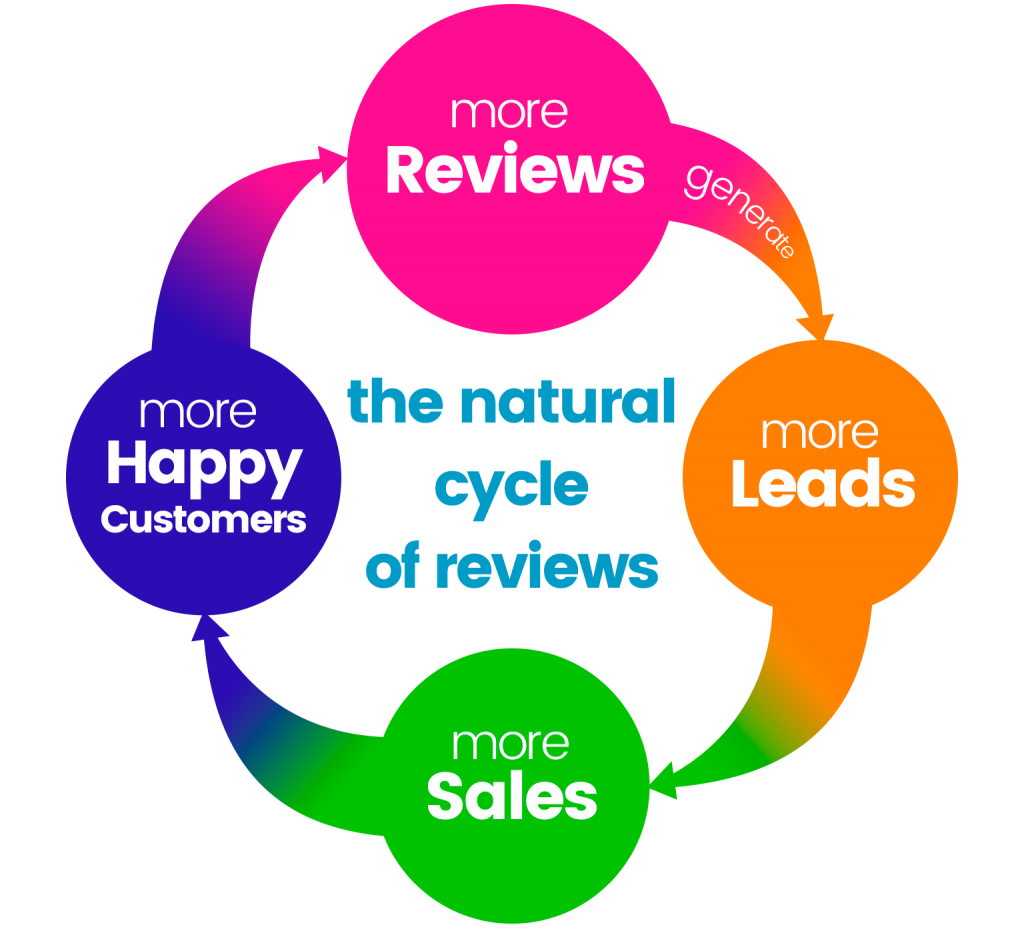Testimonials vs Reviews in 2018 What's best for your business

As any marketing savvy business owner will tell you, your website is one of, if not your most important asset.
It's the hub of your marketing machine where every campaign (online and offline) can be funnelled and tracked. It's the platform you use to connect with the world. Your core values, communication style, creativity and expertise are all communicated before anyone gets to meet or even speak to you.
It represents everything there is to know about you. Well, maybe not EVERYTHING...
What people say about you matters… LOTS!
"You are who your website says you are".
I've opened many a client meeting with this very statement. I use it as a route to discussing how websites communicate with audiences, before explaining what theirs is saying and demonstrating my suggestions to hone that message.
However, as an overarching statement I'd argue, "You are what your clients say you are" is more accurate than ever as we head into 2018.
Testimonials are one of the most valuable assets your website can contain and having lots of them, especially those with photos or best of all, video testimonials, make you feel more personable, credible and established.
Intersperse them throughout your site placing them where they relate to your page content (i.e. don't put dog grooming testimonials on the cat grooming page).
There's only one problem with testimonials... No matter how brilliant they are, no-one sees them until they reach your website. They rely on marketing efforts further up the funnel to bring people to you (your many, varied marketing pillars - right?).
So are testimonials worth having? Well, yes and no.
It's great to have a regular stream of them coming into your website. It looks good, but is that effort by your client really best utilised this way?
Wouldn't it be better to have reviews that help to boost your leads instead?
Here are 4 good reasons why reviews trump testimonials every day of the week (and they always will…)
- 97% of consumers read online reviews for local businesses with 12% looking for a local business every day
- 85% of consumers trust online reviews as much as personal recommendations
- Positive reviews make 73% of consumers trust a local business more
- 90% of consumers read less than 10 reviews before forming an opinion about a business
(taken form the Local Consumer Review survey carried out annually by BrightLocal)
Online reviews are the golden fleece of online marketing. More 4 or 5 star reviews than your competitors, elevates you above them. Your review tally sends a clear message that you're reputable; it puts you into automatic consideration.
- 7 out of 10 customers will leave a review for a business if they're asked to
And that's really important, because many business owners believe that reviews are something that happens automatically if their service is great. Sadly, that ain't how it works! The reality is…
If your service is great, the reviews you'd have gotten, had you asked for them, would have been 5 star. If you don't ask, you'll be lucky to get 1 in 20.
Not all reviews are born equal
92% of searches in November 2017 were made through Google. Bing was second with 2.75%.
(full breakdown on http://gs.statcounter.com/search-engine-market-share)
So should you get all your customers to leave a review on Google?
The essential thing is that you ask every customer to leave a review. Whether it's on Google or some other website is your choice.
Certainly having more Google reviews than your competitors always looks good in search results, but it isn't the only place where you can boost your online profile. Consider where potential customers that bring you the most value will come from, before solely focussing on Google.
Industry web directories could generate you leads (those with a good reputation obviously). In some, good reviews can get you direct contact with some hot opportunities.
A carpenter may find that 20-30 excellent reviews on a website like 'Trust A Trader' or 'My Builder' makes them a top trader in their area. Sites like this put clients in touch with traders to acquire quotes, so a steady flow of leads here are ready-qualified potential customers looking to buy.
Review websites like TrustPilot are especially good for online retailers with lots of transactions. While they don't so much generate leads, they do allow you to collect lots of bitesize reviews without needing to manage them yourself. Having the Trustpilot branding on your e-Commerce site is a sign of transparency too, as they're totally independent.
What about bad reviews?
Don't worry about it, bad reviews are never that bad. In fact they can be really good.
Obviously you don't want many, but reviews with fewer than 4 stars does 3 things.
- First it shows you're human. Nothing in business is perfectly smooth. People understand that.
- Second, they lend credibility to the good reviews. If every review you have is 5 star, people are more likely to question their authenticity.
- Third, it's an unmissable opportunity to publicly demonstrate how great your customer service really is.
If you've got lots of 5-Star reviews and a few bad ones, people will read bad ones first.
It's a kind of filtering process. They look to see if issues of others might apply to them too. If the issue is unusual or highly circumstantial, they're unlikely to be put off. Some people just like complaining - maybe their standards are too high (or everyone else's are too low). In any case, people aren't stupid and they'll see things for what they are.
The key to turning a bad review into something way more valuable than a 5-star one, is by responding quickly and in the right way. Pull out all the stops to make amends. With all your efforts recorded publicly with the complaint, you can turn the most damning of reviews into a positive.
So what now? Ask your 2018 customers for reviews not testimonials
Do some research to figure out the best places for them; i.e. those that will generate the best chance of a sale, and focus on those alone.
Keep a regular flow of reviews coming into all of those places, including Google, so that review dates are always current.
There's a cyclic process to it which we call The Natural Cycle of Reviews, which looks like this:

Great reviews will generate more leads, converting to more sales and more happy customers, who'll write you even more great reviews.
Set your business a reviews target for 2018. Then like every other target, go out there and smash it!


